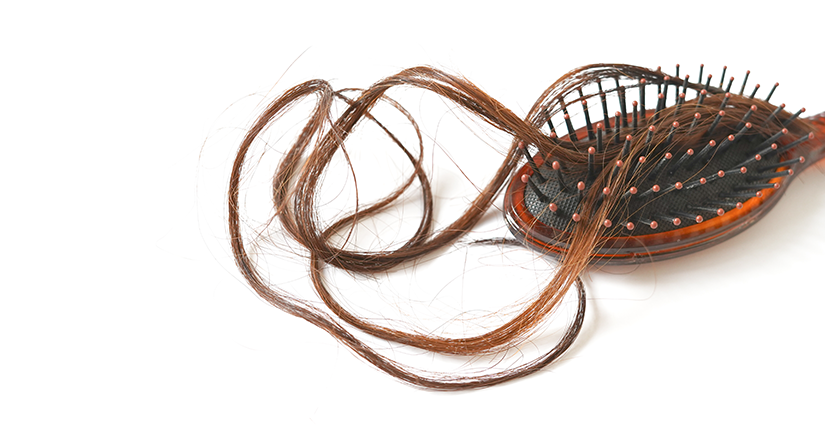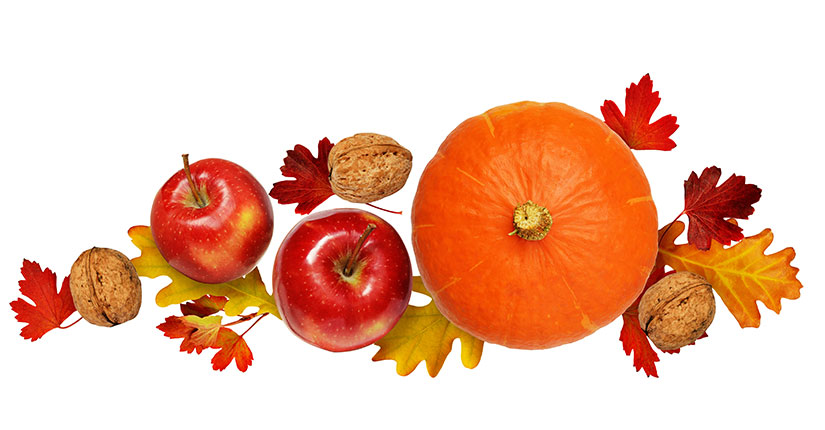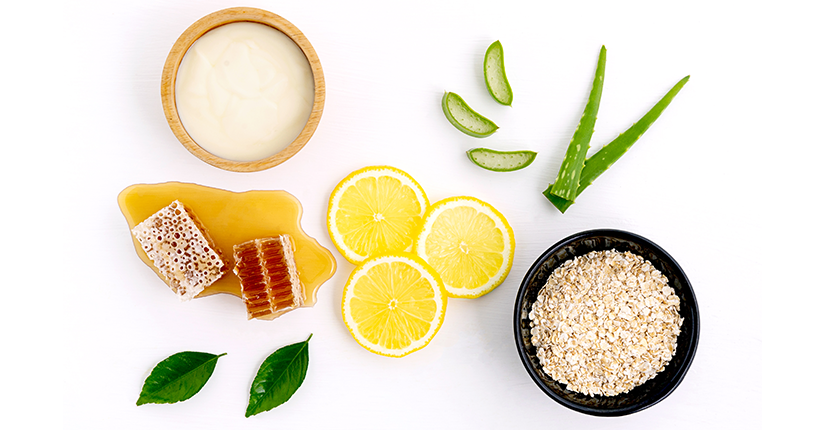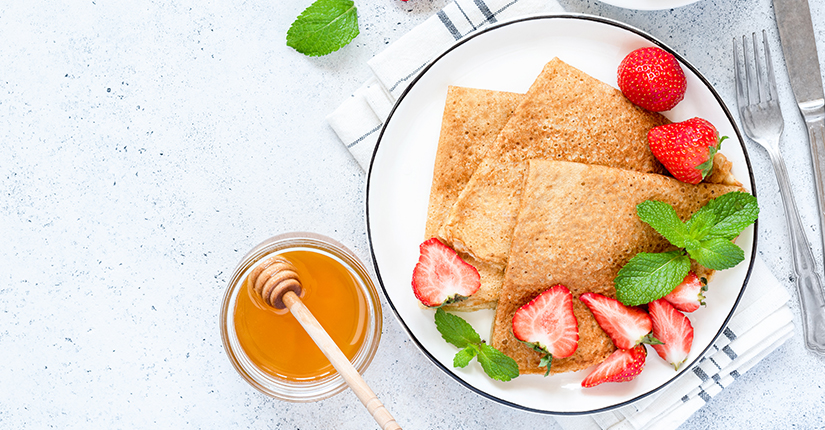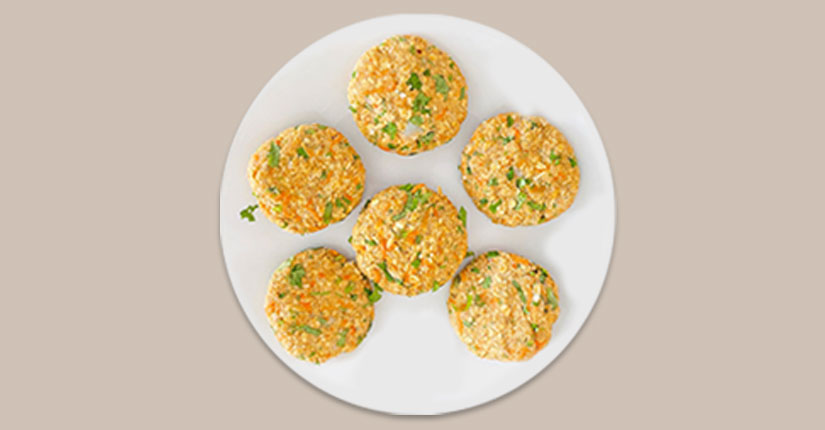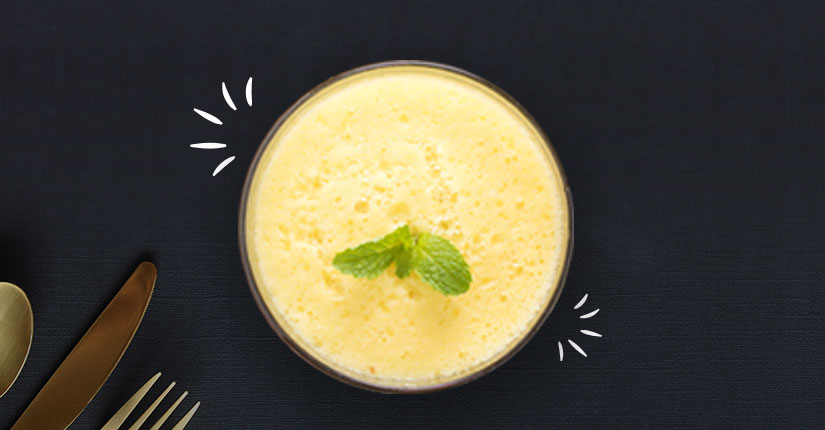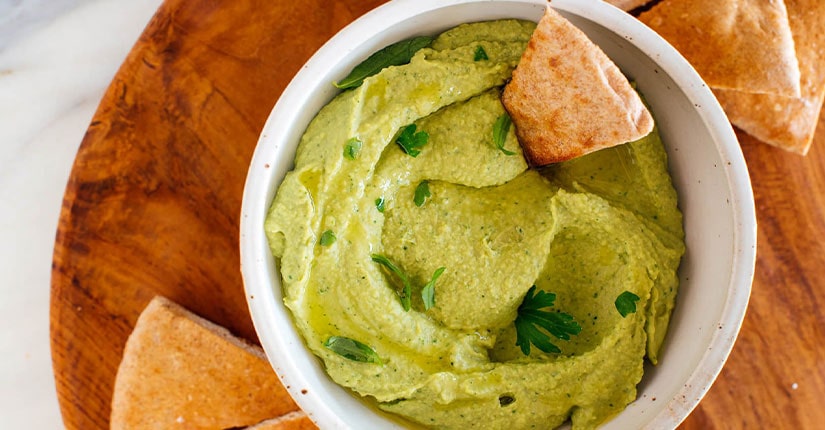Food Trend Alert- Manuka Honey. Is it Worth the Hype?
By Nmami Agarwal 08-Apr 2020 Reading Time: 5 Mins
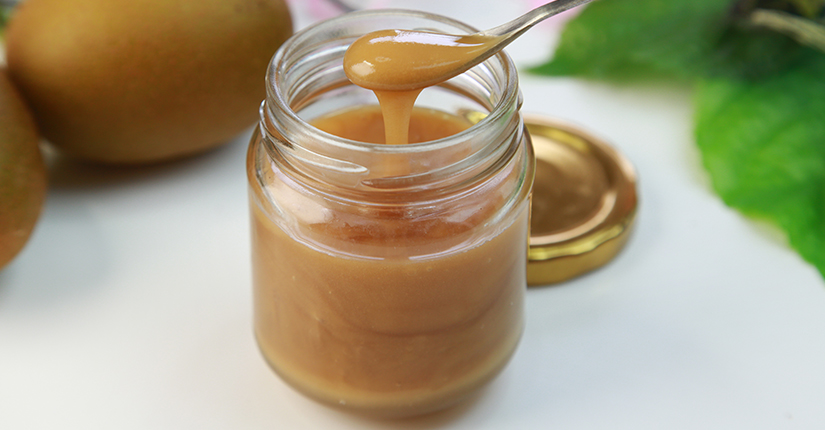
Honey is the most ancient remedy used not only as a food item but also to heal major wounds and cure ailments. The antibacterial properties of honey vary and depend upon when and how it is harvested.
Honey has been the top super food and raw honey has many associated benefits to it just as Manuka honey. Having anti-bacterial, anti-inflammatory and antioxidant properties, Manuka Honey has been originated from New Zealand.
The scientific reason behind how Manuka Honey can help you heal wounds
Most forms of honey are acidic and this acidic nature helps in healing. The pH range is between 3.2 and 4.5. Honey being low in moisture helps draw fluids from wounds and this in turn removes excess waste which speeds up the healing process. While bacteria need water to grow and survive, honey draws out water out of the cells of invading bacteria and killing them.
It has antiviral properties and honey has been used as natural antibiotics since generations and honey’s proved powerful in killing germs but the power comes from hydrogen peroxide, produced with the help of a bee enzyme. Manuka Honey attacks the germs with a substance found in nectar of few Manuka plants and the substance is called MGO.
Benefits of Manuka Honey
Aids in healing wounds
The major use of Manuka Honey is in treating wounds and minor cuts and burns. Severe and deep cuts can be assessed by doctors but Manuka Honey can be used to treat minor scrapes which don’t require much antibiotic care.
How to use: Take the amount of honey necessary to cover the wound. Assess the area by looking at the amount of fluids leaking from the wounds. Since honey prevents the fluid leakage from wound so use honey to dress the area. Never apply honey directly to the wound. Wash your hands thoroughly and apply honey to a bandage, then apply the bandage to the wound. Keep changing the bandage frequently and use waterproof dressing to help keep the honey from spreading to the outside of the bandaged area.
Beneficial for Skin care
Manuka Honey has been seen to show improvement in acne prone skin and reduces inflammation and irritation. You can add on to your homemade DIYs and masks. Leave it on for 15 minutes and you can see the difference. Consult a dermatologist first if you have a sensitive skin.
Strengthens Immunity and gives digestive benefits
Consume one to two tablespoons of Manuka honey each day or add it to your food. It helps build immunity and clears out the risk of infection. Not only does it improve digestion but also provides enough energy to make you feel active. It helps you to not fall sick and you can simply add to your immunity booster concoction.
Not only medically but Manuka honey is even effective in treating sore throat to clearing blemishes on the face. Manuka Honey manufacturers label their product with a unique Manuka Factor (UMF) rating. This rating decides the levels of MGO and a precursor, dihydroxyacetone. To get maximum benefit, use Manuka Honey of higher UMF.
Possible side effects of honey could be allergic reactions to people who are allergic to bees or honey, may cause rise in blood sugar or effects on certain drugs like chemotherapy drugs.
Over to you
Manuka Honey is safe to consume and has high sugar content just as other types of honey. Though moderation is the key, it is recommended to consult a doctor before having Manuka Honey, especially in case of diabetics or hypertensive patients.



